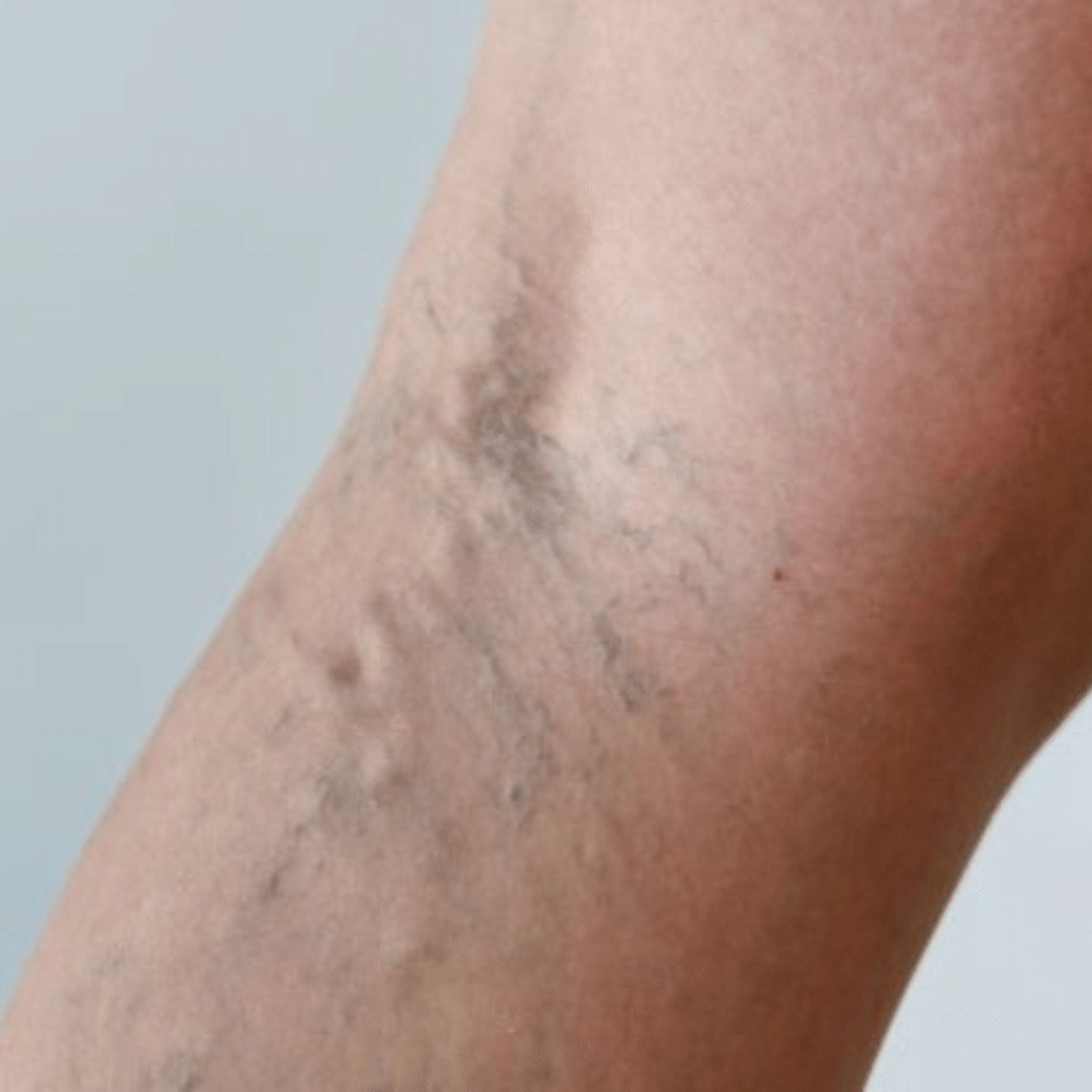Varicose veins, those visible, swollen, and often twisted veins that commonly appear on the legs and feet, can be attributed to various factors. Understanding the root causes behind their development can help individuals take proactive steps to prevent or manage them effectively.
Primarily, weakened or damaged vein valves play a pivotal role in the formation of varicose veins. Veins have one-way valves that facilitate blood flow toward the heart. When these valves weaken or malfunction, blood may flow backward and accumulate, leading to increased pressure in the veins. Over time, this heightened pressure causes the veins to swell, bulge, and become varicose.
Several factors contribute to weakened vein valves and the subsequent development of varicose veins:
- Genetics: Family history often plays a significant role. If close relatives have had varicose veins, there’s a higher likelihood of developing them.
- Age: As individuals age, the wear and tear on vein valves increase, making them more prone to weakening.
- Gender: Women are more likely than men to develop varicose veins, partly due to hormonal changes during pregnancy, menstruation, and menopause that can relax vein walls.
- Prolonged Standing or Sitting: Occupations or habits that involve prolonged periods of standing or sitting without movement can hinder proper blood circulation, contributing to varicose vein development.
- Obesity: Excess weight places added pressure on veins, affecting blood circulation and potentially leading to varicose veins.
Understanding these contributing factors empowers individuals to adopt preventive measures, such as regular exercise, maintaining a healthy weight, elevating legs while resting, avoiding prolonged periods of sitting or standing, and wearing compression stockings. Seeking medical advice for early diagnosis and appropriate intervention is crucial for managing varicose veins and preventing potential complications.
Free Consultation
Please don’t wait until your vein issues get worse (or become dangerous) to get help. Come talk with us soon for a free consultation so we can determine the best treatment plan for you.

